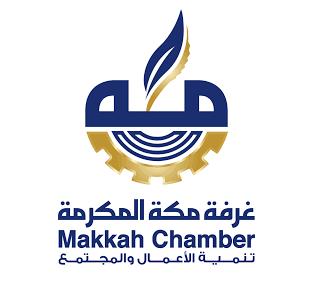In a bold step aimed at strengthening collaboration between the public sector and the private enterprise community, the Makkah Chamber of Commerce and Industry recently played host to Her Excellency Dr. Asma Shahat, the Deputy Minister of Hajj and Umrah in the Kingdom of Saudi Arabia. The high-level engagement forms part of an ongoing series of strategic meetings designed to encourage innovation and broaden private sector participation in the delivery of world-class services to pilgrims—referred to reverently as the Guests of Allah.
The visit by Dr. Shahat to the Makkah Chamber is a reflection of Saudi Arabia’s inclusive approach to pilgrimage management, particularly under the directives of Vision 2030. As part of the national transformation strategy spearheaded by the Kingdom’s leadership, there is an increased focus on unlocking the potential of entrepreneurs and SMEs to contribute meaningfully to the Hajj and Umrah ecosystem. This approach aims not only to improve service delivery but also to stimulate economic growth and job creation within the holy cities of Makkah and Madinah.
During the meeting, wide-ranging discussions were held on how to support the development of innovative business models that can enhance the spiritual and logistical experience of pilgrims.
Emphasis was placed on the importance of tech-driven solutions, customer care excellence, hospitality standards, and sustainable infrastructure. The Deputy Minister also listened to insights from various business owners, startups, and youth-led enterprises who shared proposals on how their services could be integrated into the broader Hajj operational framework.
Dr. Shahat’s presence underscored the Ministry’s commitment to forging stronger ties with the business community, in line with the Kingdom’s broader goal of transforming the Hajj journey into a seamless, spiritually enriching experience backed by modern amenities and efficient service structures. With over two million pilgrims performing Hajj annually, and many more coming for Umrah throughout the year, the need for scalable, innovative solutions cannot be overstated.
For Nigerian interests and faith-based observers, this development is a critical indicator of Saudi Arabia’s open-door policy to engage all sectors of society in improving the pilgrimage experience. Nigeria, being one of the largest contributors of pilgrims to the Kingdom, stands to benefit from similar models of collaboration. The National Hajj Commission of Nigeria (NAHCON) and other state-level pilgrimage boards could draw useful lessons from this kind of engagement, particularly in encouraging local businesses and tech hubs to support Nigeria’s own pilgrim welfare initiatives.
Furthermore,observes that this partnership-oriented approach from Saudi authorities reaffirms the centrality of the private sector in supporting the religious obligations of millions of Muslims worldwide. It is not merely about infrastructure or logistics; it is about creating an ecosystem of excellence, accountability, and care for those embarking on one of the most sacred journeys of their lives.
As the Hajj and Umrah sector continues to expand and evolve, interactions like the one between Dr. Asma Shahat and the Makkah Chamber signal a positive shift—where government institutions not only regulate but actively empower entrepreneurs to become part of the holy mission. And as the Kingdom continues to innovate in service of the Guests of Allah, the rest of the Muslim world, including Nigeria, watches with hopeful anticipation and readiness to collaborate.
